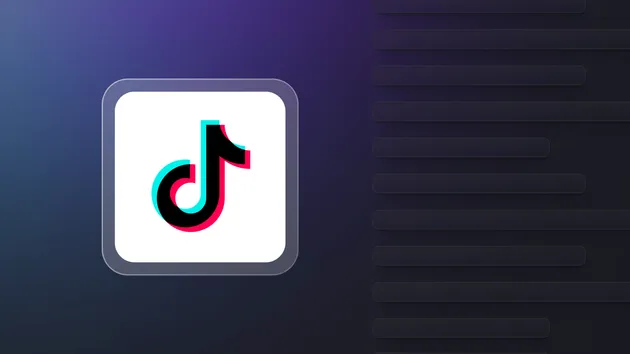Tiktok Shop Product
Pricing
$10.00 / 1,000 results
Tiktok Shop Product
This is the Actor for crawling data from the TikTok shop product URLs. For example: https://shop.tiktok.com/view/product/XXXXXXXXXX OR https://www.tiktok.com/t/XXXXXXXXX/ which only available for TikTok Shop US. I increased price because TikTok always update their algorithm, 10$/1000 request
Pricing
$10.00 / 1,000 results
Rating
1.1
(3)
Developer

Excavator
Actor stats
7
Bookmarked
198
Total users
8
Monthly active users
a year ago
Last modified
Categories
Share


